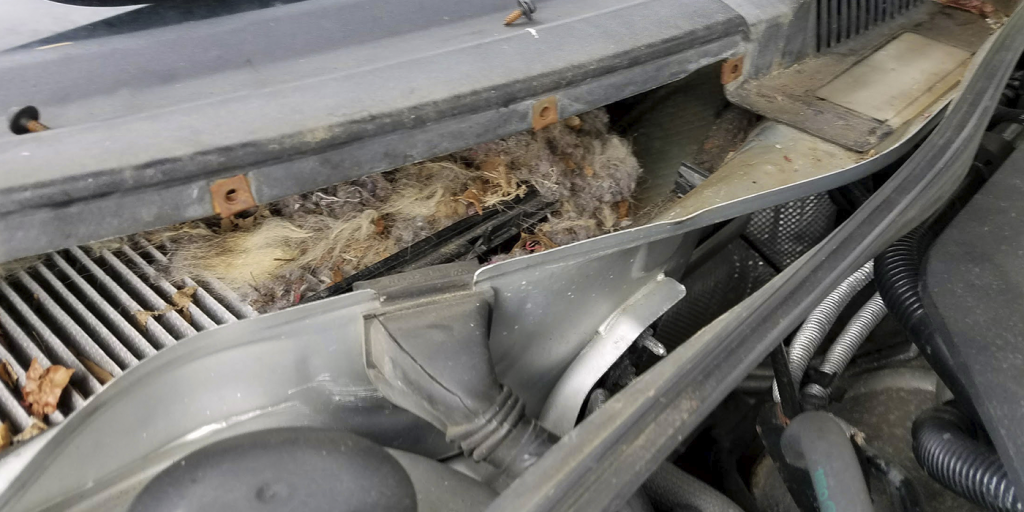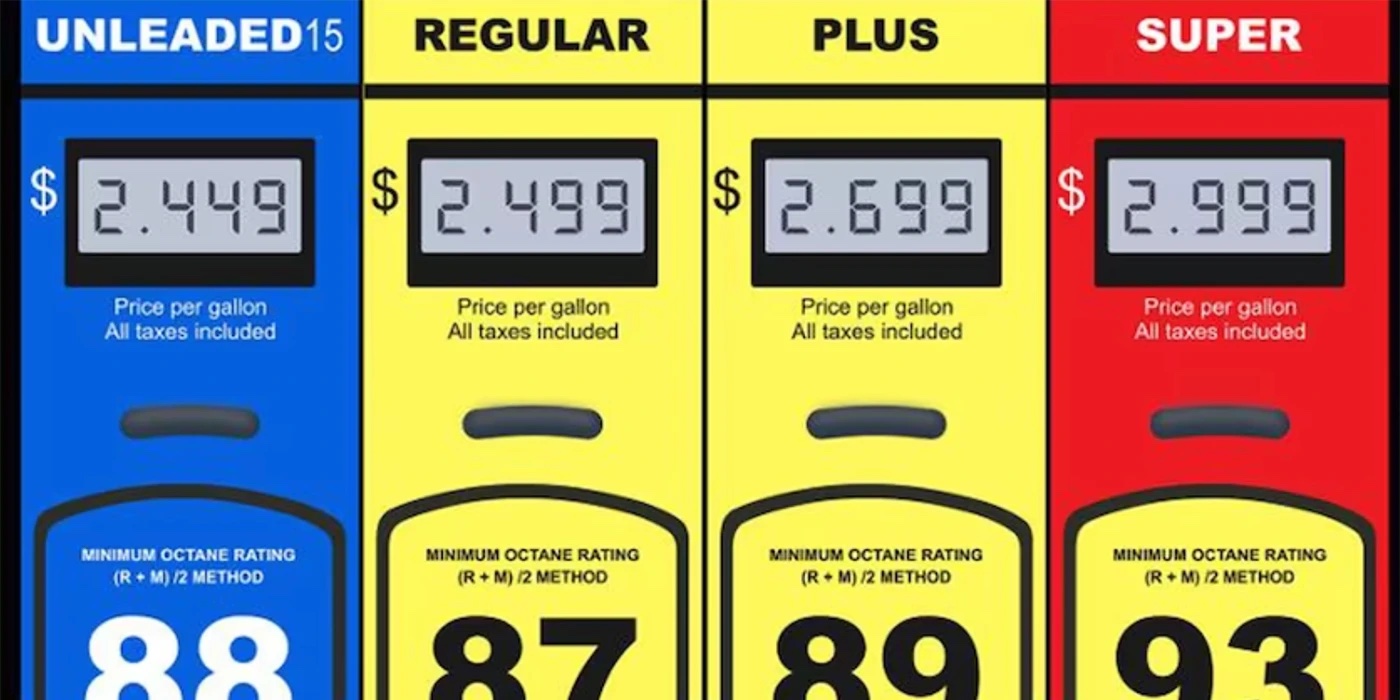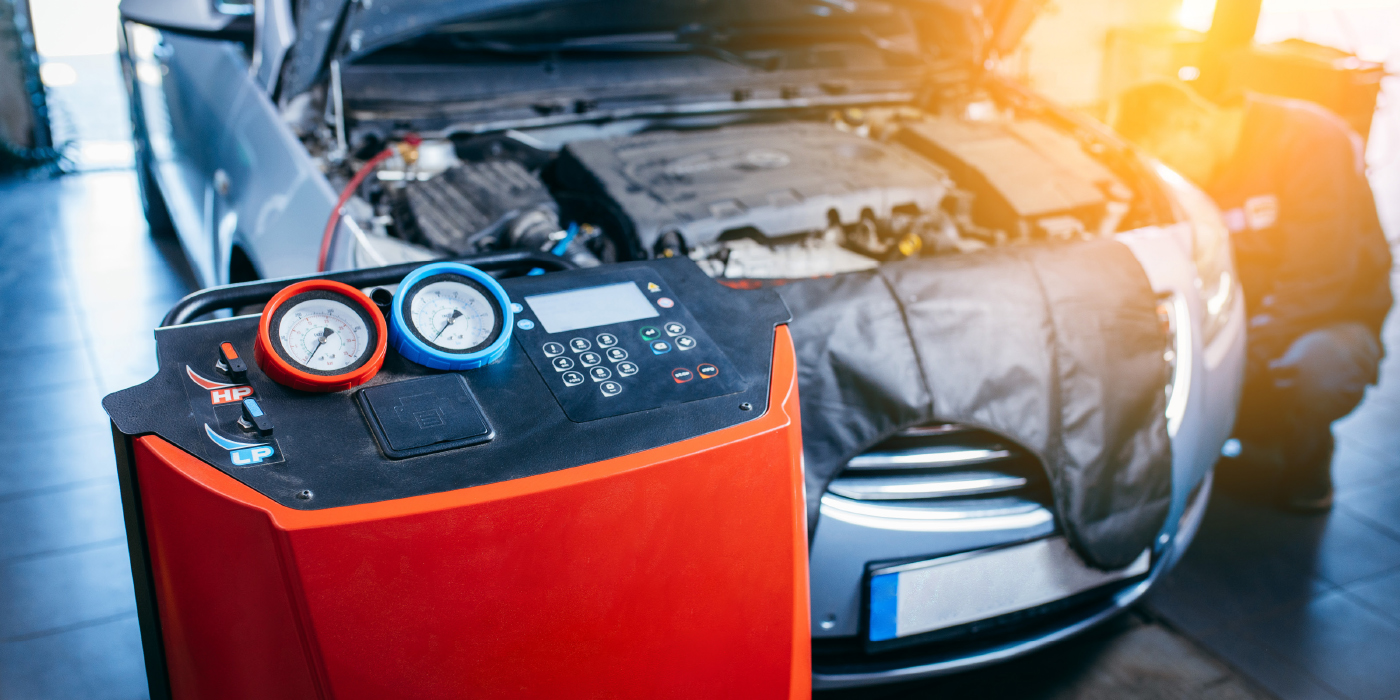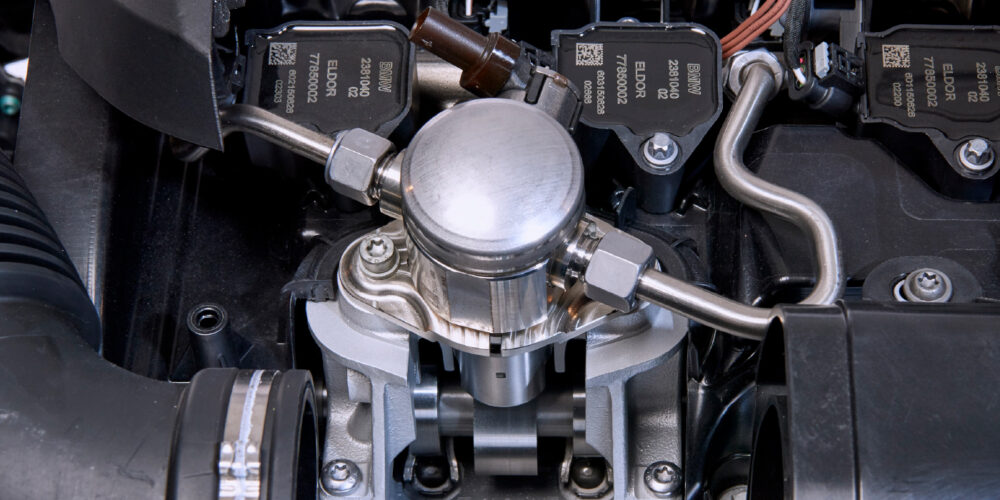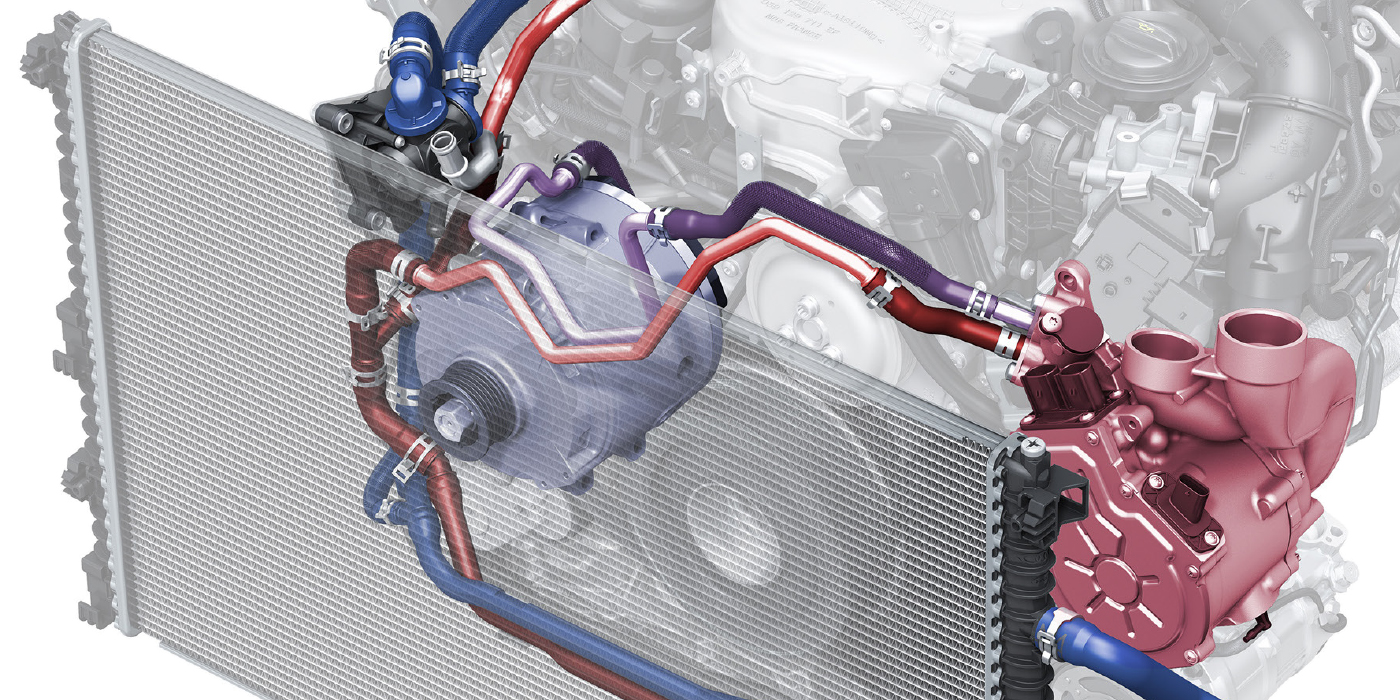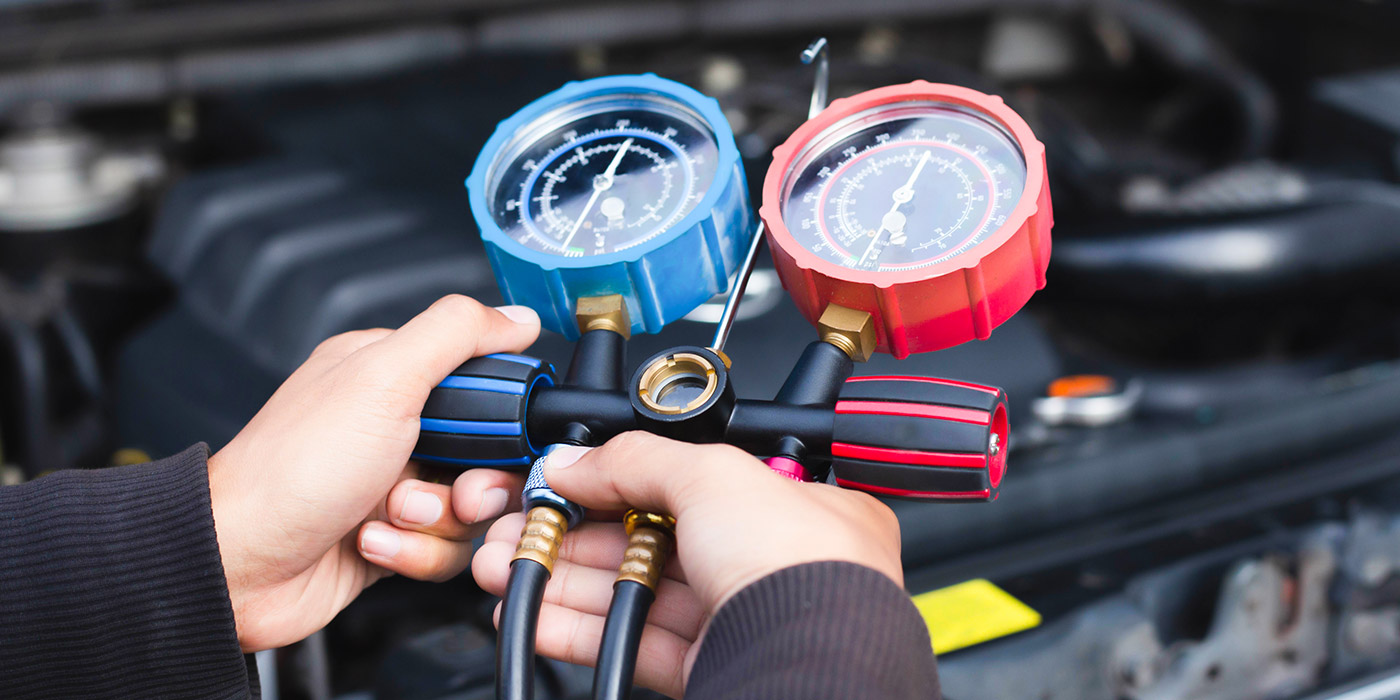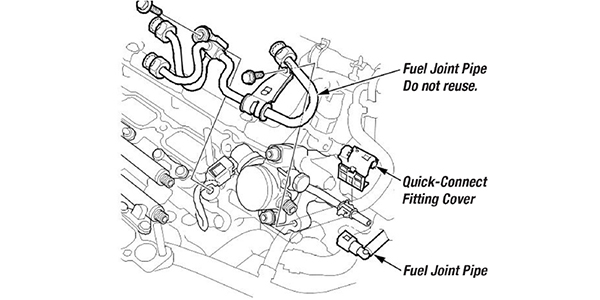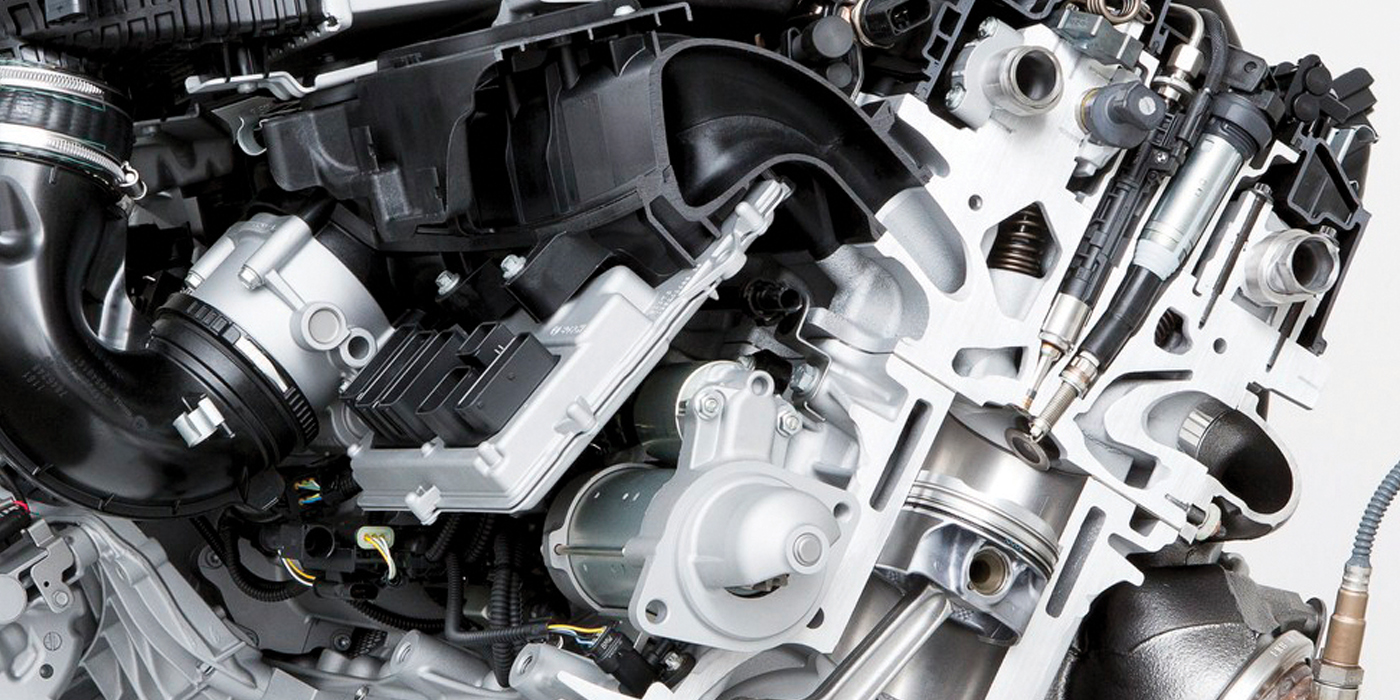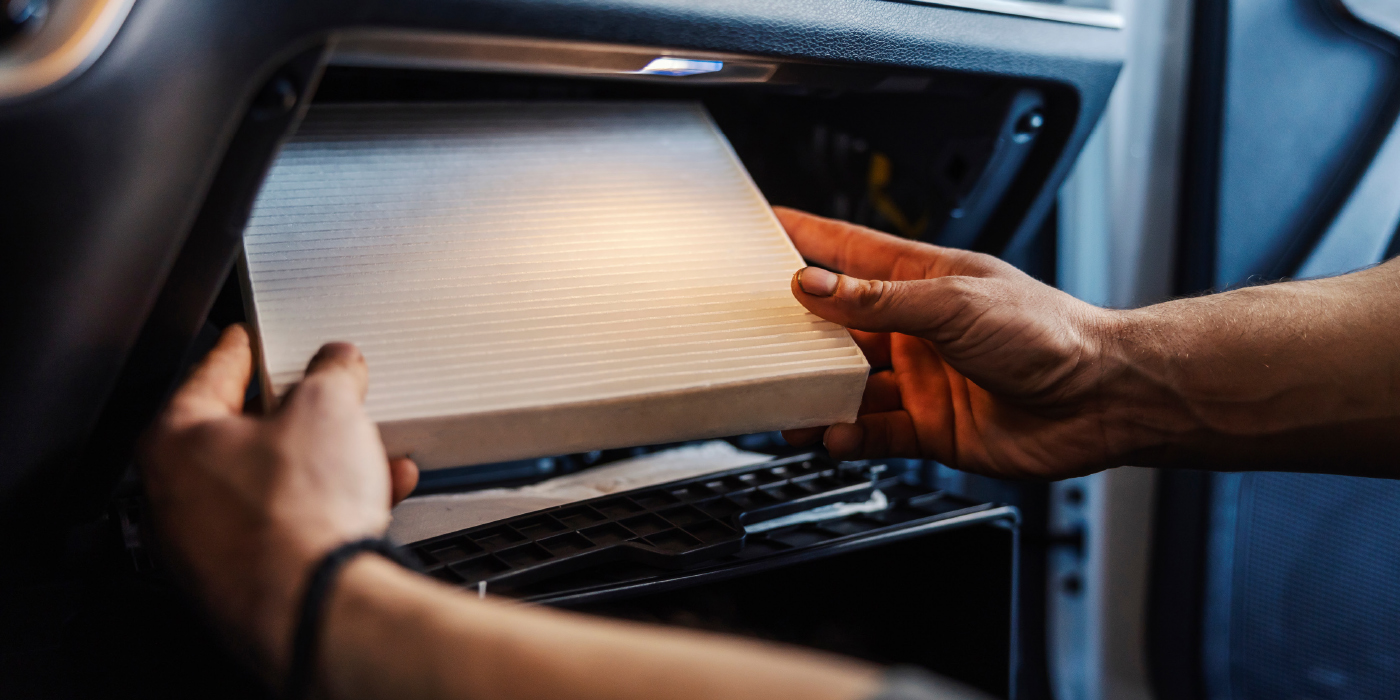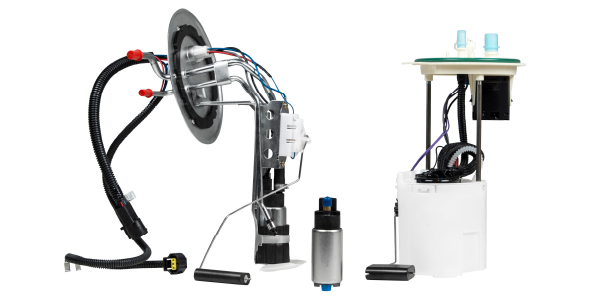I grew up with VWs, and most of my cars smelled like a mixture of old gas and dirty sweat socks. Even if I left the windows down, the interior still stunk. And there was always a certain amount of dust floating around. As it turns out, not all of that funk was my fault.

Fast forward a couple of decades, and most cars and light trucks built since the new millennium have a cabin air filter to keep foul odors out, as well as to reduce microscopic dust particles outside from getting inside the car.
The cabin air filter is generally considered an integral, but often overlooked part of the heating and air conditioning system. The filter removes contaminants and debris from the outside and prevents them from entering the cabin, ensuring the interior air is clean and free of allergens, dust and other debris (some filters are specifically designed to remove allergens). A dirty cabin air filter can clog and limit airflow, and cause odors and lead to A/C inefficiency. Most manufacturers recommend replacing cabin filters at least once a year, but check the owner’s manual or look it up with your technical service provider.
Most cabin air filters are located behind the glove box or under the dashboard, but some are under the hood by the windshield. On our 2002 VW GTI, access to the filter was on the right side of the plenum chamber cover (see photo below).

Cabin air filters are sometimes referred to as compartment air filters or micro-dust and pollen filters, but they all perform the same job. Vehicle owners rarely change the cabin air filter, so it may be a good add-on sale if you’re performing an oil and filter change.
Regular replacement of the cabin air filters may be more critical for customers who suffer from allergies and may require more frequent changes in these cases. A standard cabin air filter will retain airborne particles, but installing an activated carbon filter turns unpleasant or hazardous gases into breathable air and prevents these substances from entering the car.
There’s extra incentive to replace these filters regularly for those with allergies because the cabin air filter can collect mold or other bacteria in the pleated paper filter element and affect the air quality inside the car. Toyota, for example, published a TSB (T-SB-0142-13 Rev2) dealing with HVAC odors, which recommends replacing the cabin air filter as a preventive maintenance step.
According to Toyota’s bulletin, when diagnosing HVAC odors, it is essential to remember these possible causes:
• During use, various odors from inside and outside the vehicle may enter into and accumulate in the air conditioning system. These odors may then be emitted from the vents.
• Odors coming from the outside air and interior can accumulate on the evaporator. As the evaporator core changes temperature, some of these odors may be released, resulting in an unpleasant smell from the HVAC vents.
• Interior odors from sources such as air fresheners, animals, dirt or trash can also accumulate within the HVAC system and contribute to unpleasant odors.
• Odors emitted from the A/C system are a typical characteristic of automotive A/C systems.
• It is normal to experience odor upon the initial startup due to the moist/humid air that is trapped in the HVAC system after the vehicle has been parked.
Toyota also recommends that, when dealing with HVAC odors:
• If the condition is constant or is caused by outside influences (such as debris) this procedure may not be effective in reducing the odors;
• Advise the customer to set the HVAC system to the outside (fresh) air mode when parking the vehicle to assist in the reduction of odors that could be trapped in the HVAC system.
• Replace the HVAC filter on an annual basis or every 10,000 miles with a charcoal impregnated filter; and
• If the condition persists, conduct an A/C evaporator cleaning service on an annual or biannual basis depending on climate conditions and customer preference.
Activated carbon filters trap airborne particles and also trap foul or hazardous gasses that come in through the air vents. With air quality being a concern today, installing cabin air filters that include an activated carbon layer helps your customers breathe easier, with air free of dust, pollen and who knows what else.

